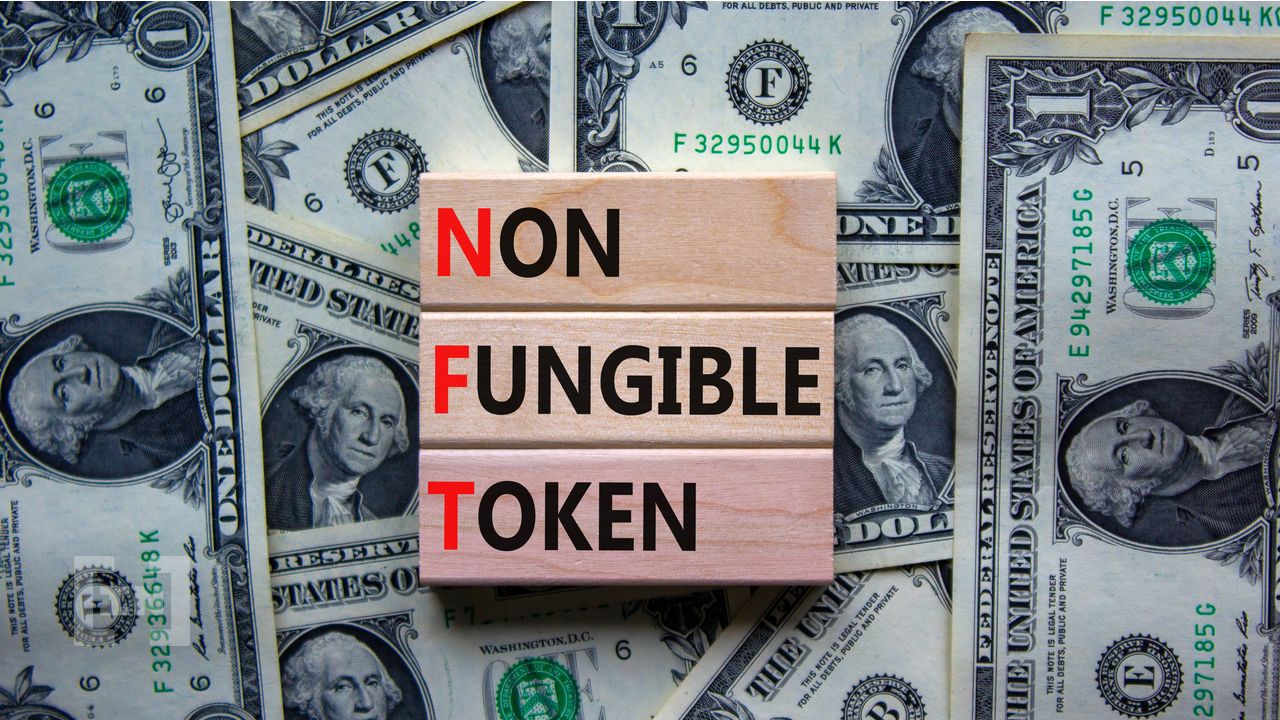As the NFT market boomed in 2021, so do the questions around taxation come the next tax season.
The Internal Revenue Service wants its share of the NFT booty. There is a lack of clarity on how NFT holders should be taxed, but tax experts say taxes could be up to 37%. You don’t get to not report gains or losses because the IRS has failed to provide guidance that meets your expectations, says James Creech, a tax attorney in San Francisco.
NFTs, or non-fungible tokens, are certificates on a blockchain representing ownership of a digital asset. They cannot be replicated. They increase in price based on their rarity or real-world utility. Chainalysis reports that the NFT industry saw $44B in transactions in 2021. Some were huge gainers, with an American artist selling an NFT for over $69M besides royalties. This raises some questions on how they should be taxed. Currently, the guidance on the taxation of NFTs is not entirely clear, but that does not mean that they should not be reported on your tax return.
In fact, those who did not report quarterly earnings from NFTs may get a nasty surprise when penalties beset them come the next tax season. Owners of NFTs can sell them on NFT marketplaces, such as Opensea or Rarible, and can be subject to income tax of up to 37% when the NFT is sold. Buyers of NFTs owe the IRS capital-gains taxes if they use another cryptocurrency to buy the NFT.
Tax experts weigh in
Arthur Teller, chief operating officer of TokenTax, estimates a billion-dollar value range for NFT taxes. Beyond the 37% income tax, the tax obligations remain somewhat opaque. Should they be taxed up to 28%, the rate charged for capital gains from art collectibles? The Treasury department offers no specific guidelines on how NFTs will be treated, in light of Joe Biden’s new tax infrastructure bill. As a result, tax evasion may become a distinct possibility, according to Jarod Koopman, a director of criminal investigation at the IRS.
General crypto tax guidelines from IRS
The IRS provides some insight on the taxing of cryptocurrencies in Notice 2014-21, 2014-16IRB938, Rev. Rul 2019-24, 2019-44 IRB1004, and ILM 20214020. It must be said that none of these contain any reference to NFT. Internal Revenue Code (IRC) Section 61 could require creator income inclusion on the proceeds of NFT sales and royalties, Section 197 could make provision for amortization to buyer using the NFT for commercial purposes. Overseas buyers will be subject to taxes in their jurisdictions. At the same time, the owners of the copyright, if they are U.S. citizens, may have to pay state and federal taxes on any royalties they earn.
What do you think about this subject? Write to us and tell us!
Disclaimer
In adherence to the Trust Project guidelines, BeInCrypto is committed to unbiased, transparent reporting. This news article aims to provide accurate, timely information. However, readers are advised to verify facts independently and consult with a professional before making any decisions based on this content. Please note that our Terms and Conditions, Privacy Policy, and Disclaimers have been updated.


